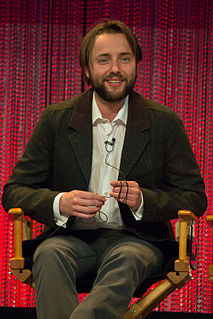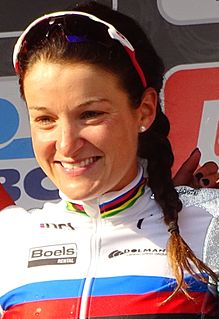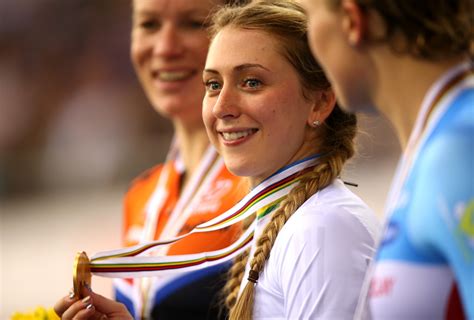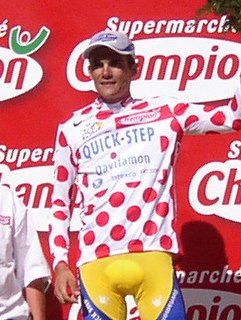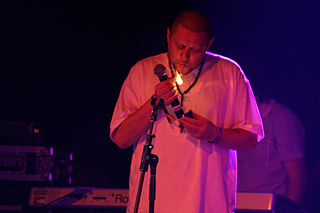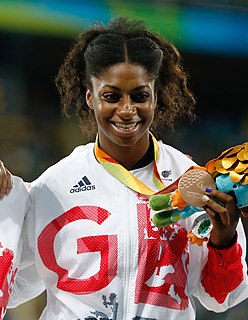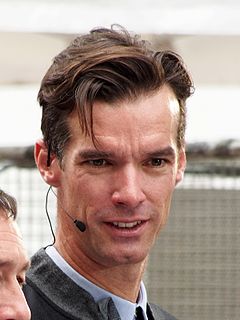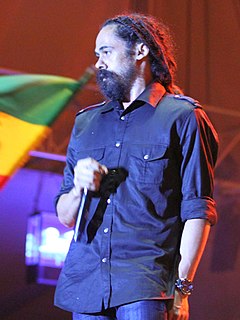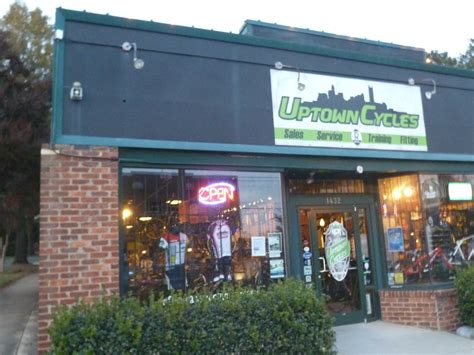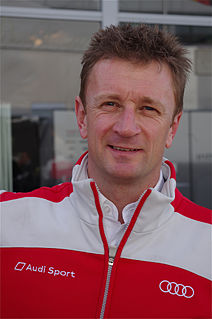A Quote by Adrian Bell
In the UK cycling was very popular until the end of the 1950's but it really lost out to our love affair with the car. Regaining a culture where cycling is seen as an everyday part of life requires time and effort. Of course in some British towns it never really went away - just look at Oxford and Cambridge. In other places, where the car has been king for many decades, it takes more time.
Related Quotes
I go on the bus, I walk. A friend left his car recently at my house and I took it out one day just for 15 minutes and it was terrible. You know why? I felt like I was back in LA again. Four or five years ago, when I had a car and I had been out of the city I wouldn't feel I was back until I got in the car, you know. But now I feel off the grid. I feel that I am not part of the culture. And because I don't have a car I don't really go anywhere to buy things. In fact, I have been in a slow process of selling and giving away everything I own.

